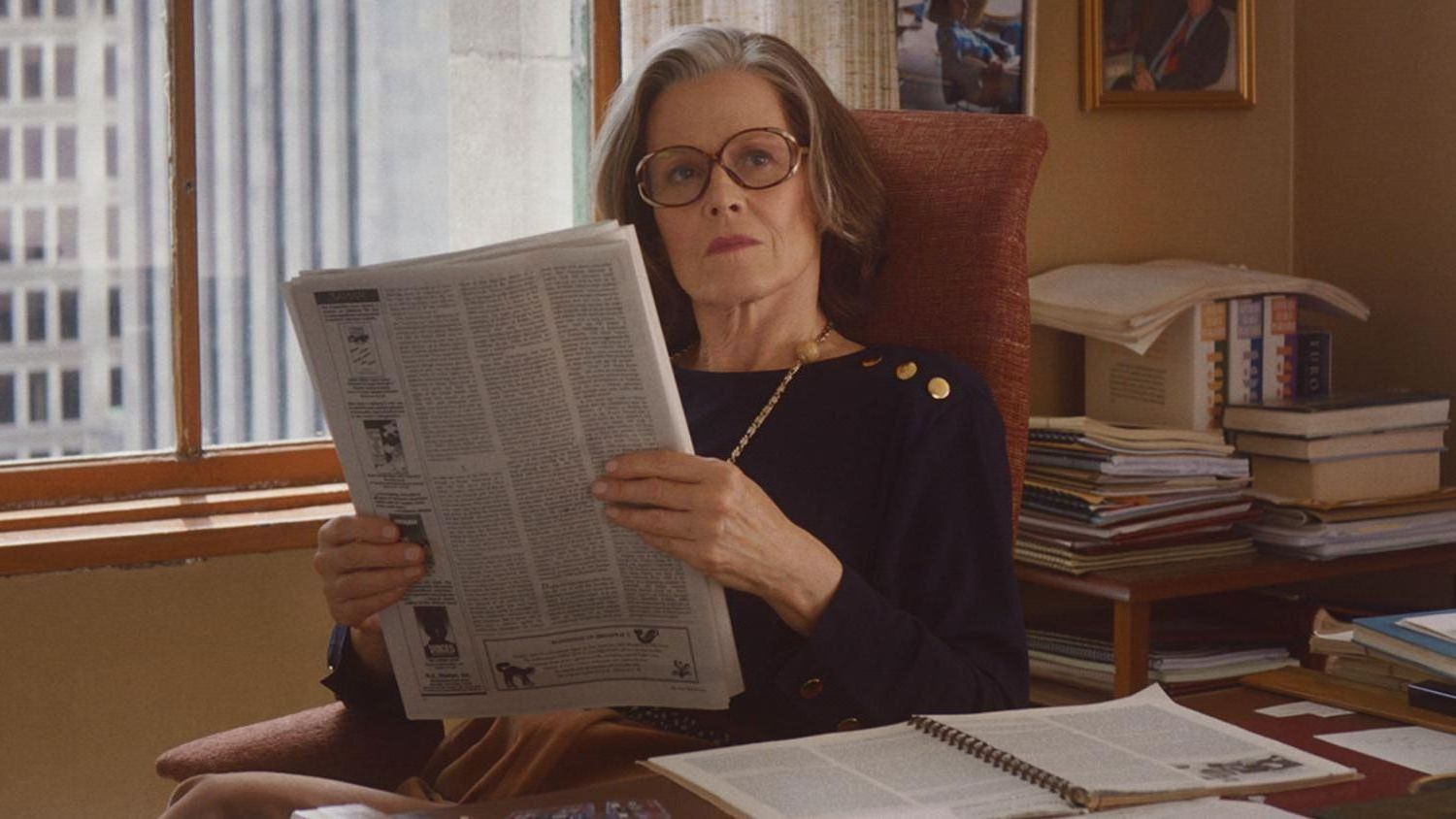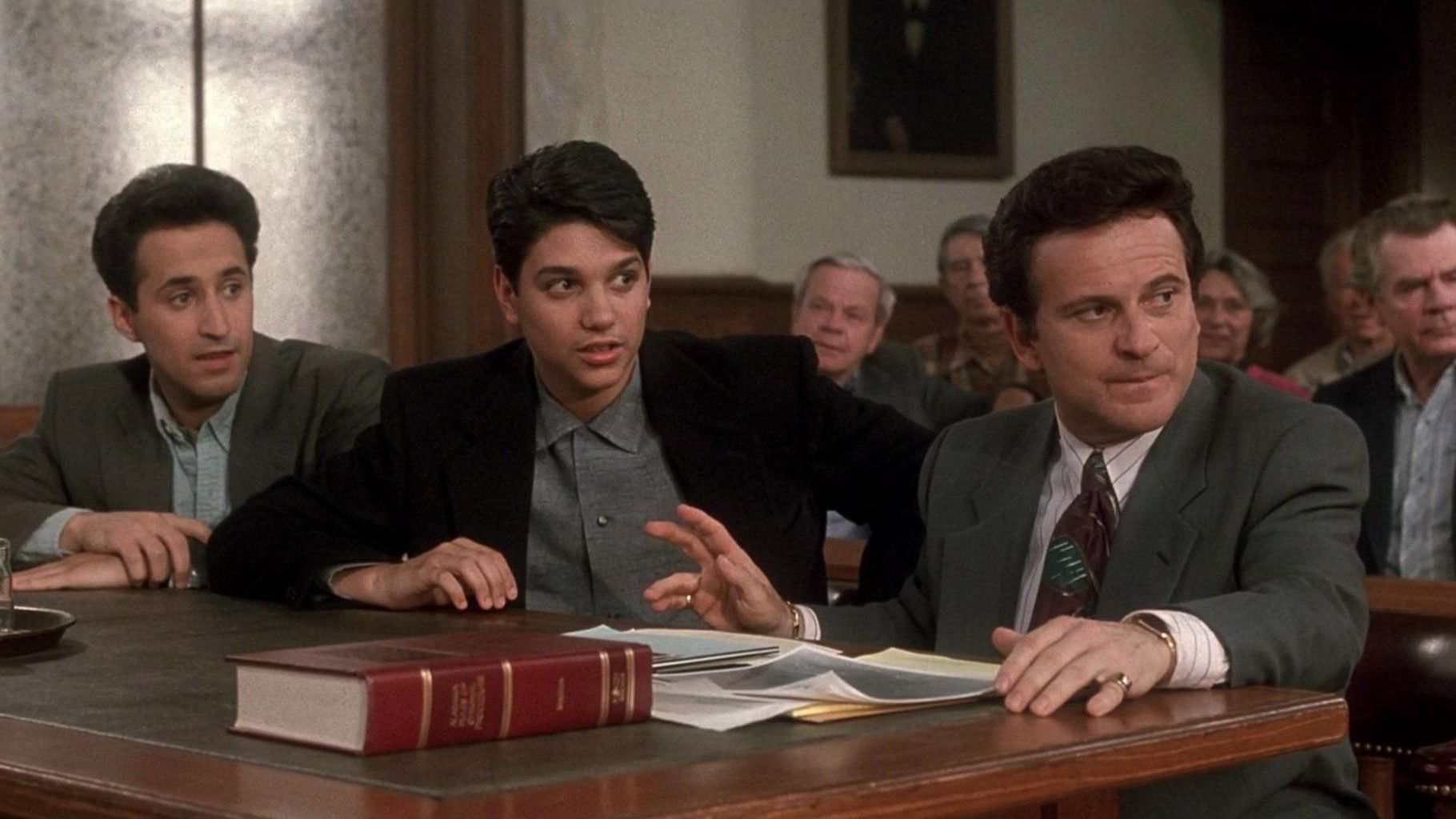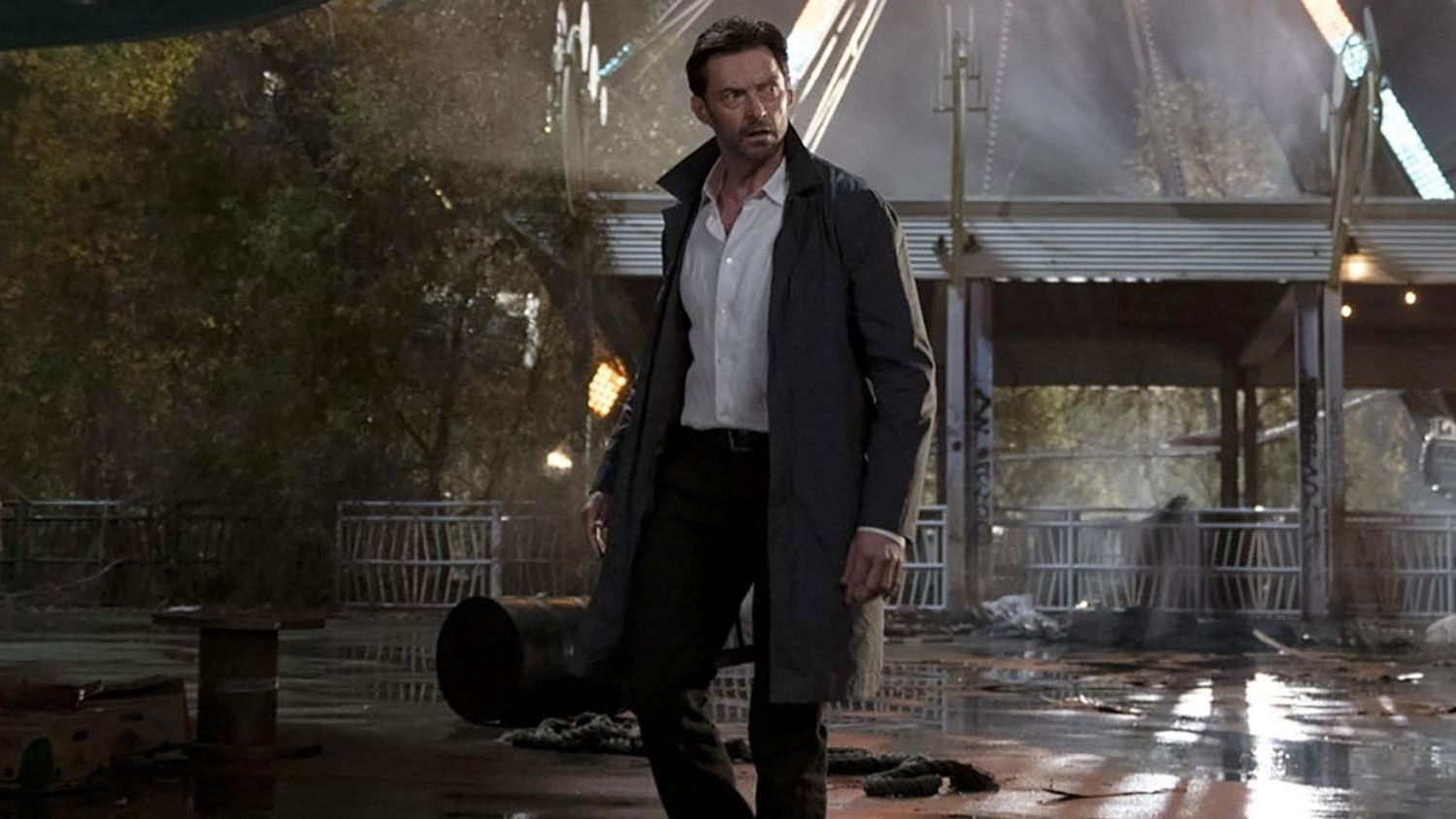
My New York Year Review Movie
My New York Year Review
"New York!" swoons Margaret Qualley's Joanna in The My New York Year's prologue. "Isn't that what writers aspiring to be did? Living in cheap homes as well as write at cafes?" Then she offers an apologetic and a sigh. "I am aware." Joanna, inevitably will eventually, lives in a tiny apartment (one with no sink) and writes in cafes. Writer- director Philippe F. Falardeau's script adaptation of the autobiography My Salinger Year by Joanna Rakoff recognizes the romanticized cliché that is East Coast bohemia without ever getting away from it. It's an extension of a stereotype instead of a new version.
It's a story of coming-of-age where a young, creative types attempts to succeed in the big city that's come of old. Qualley's naivete and starry eyes channel early Greta Gerwig and Weaver is more of a cartoon-like Meryl Streep of The Devil Wears Prada; The fashion tyrant in Streep's film and move her a few blocks into the Manhattan's Upper East Side, replace the Prada with a pastel-colored, draped sweater and you'll have Margaret.
Her warmth in these scenes is what makes the film so hearty and Qualley's sweet voice will captivate viewers.
Contrary to Joanna's dreamy aspirations for literary success ("I wanted to not be normal," she coos at one moment, "I wanted to be extraordinary") This is not a new thing, after all. However, even though it sometimes suffers from the lack of dramathe way that Joanna is able to climb the New York literary ladder so effortlessly that struggling writers would be jealous of her and sneer at her and is buoyed by a sense of sincerity and understanding that the writer-director and the main character appear to share, as well as by the captivating mysterious nature of Salinger.
The film doesn't provide any significant information about the author who is a reclusive one who is referred to by his agent as Jerry, however Falardeau has a good sense of keeping him on the edge of the screen with his voice only being heard on telephone conversations, and his elegant appearance only seen from a distance. His enigma maintained and nurtured. While the two share several stimulating chats, Joanna is more fascinated by the fandom of the author rather than Salinger himself, sifting through the volumes of letters she has to answer by delivering cold boilerplates (and breaking all sorts of privacy rules during the process).
The sweetness of these scenes is what makes the film so hearty and her charming performance is enough to captivate audiences. (The less that's said about a thrilling fantasy dance scene, the better however.) Weaver is also a delightobviously she is and she blends a thin archetype of a 'frosty boss' with a sharp eye and occasionally a well-placed smile. However, it's not the same on the part of Douglas Booth, who, as Joanna's lover, acts as an active red flag, giving gems like "Good literature can be a potent Aphrodisiac!" while writing cringeworthy sexual scenes in his horrible fiction. For many viewers his sexiness is obvious however, for younger audiences maybe not.
This is clearly a movie designed for teens ready to embark on their own journey of creativity, as well as as a portrayal of a girl who is asserting herself and her position in the world, professionally and in her personal life this is perfectly acceptable -it's undoubtedly something that writers who want to be.

